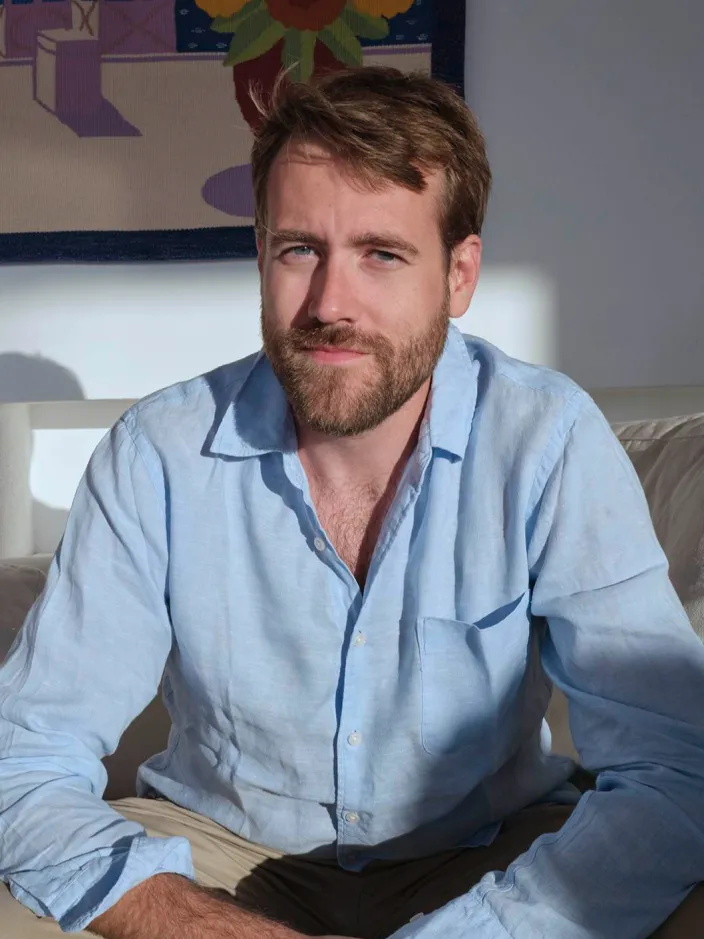
For a Future Full of Winning Ideas
Italy is eighth in the world in terms of GDP, but only 33rd in terms of the value of its unicorns. The gap between scientific excellence and entrepreneurial weakness is measured in ideas that don't blossom outside of universities, or that don't grow enough to compete in the open market. In a country where there is little investment in R&D, both public and private, and where technology transfer from universities to companies is still sporadic, a true systemic engine for innovation is lacking. To help fill this gap, Tech Europe Foundation (TEF) was created jointly by Fondazione Politecnico di Milano, Bocconi University, the ION Foundation and FSI, with the aim of supporting fundamental and applied research, spreading entrepreneurial culture and boosting startups from their earliest stages. "Capital for good ideas is never lacking, but we have too few of them, they don't systematically mature, and when they do emerge, they are often too weak to survive," remarks Luca de Angelis, Bocconi alumnus and CEO of the Foundation. "We're just getting started," de Angelis clarifies. “We've assembled an initial team, developed an intervention approach and built the first research programs: we've already funded doctoral and postdoc scholarships for over 30 researchers who will arrive at Milanese universities this fall, and we'll fund 70 more by the end of the year. Furthermore, we'll soon launch TEF Ignition, the educational program designed to spread entrepreneurial culture among undergraduate and graduate students, and we'll begin looking around to see if there are any interesting startups worth supporting.”
What role will TEF play once fully operational?
TEF will be the segment that, in our opinion, is currently missing from the system. Someone who intervenes before venture capital and is responsible for fueling the innovation ecosystem by helping to generate more ideas that can emerge, grow, develop and reach maturity. Our intention is to work with universities to manage to stimulate as soon as possible entrepreneurial ideas among young people, so that new ventures emerge in large numbers again. We'll do this through three major pillars of intervention: supporting research, developing a funding model that allows us to select ideas capable of generating spillovers; entrepreneurial training for young people, to expose them to responsibility and decision-making from the outset and lower the average age of business failure; and programs for startups.
So, even ahead of the difficulty of transforming startups into companies, in Italy we have a problem in terms of the quantity of ideas?
It is so, as the Bank of Italy confirms in its Venture Capital outlook: in Italy, there is little, either public or private, R&D being done, and there is little technology transfer from universities to companies. And this explains why — despite excellent scientific output — there is a lack of entrepreneurial ideas from the outset; the innovation process still is not as systematic as it is in Munich, Zurich or London. At the Station F Campus in Paris 1,000 new startups arrive each year; in Italy, there are approximately 12,000 registered startups in total, 9.5% fewer than in 2023 (registered innovative startups, Q4 2024 vs Q4 2023, MIMIT data).
Where does TEF start from to fill this gap?
From universities, because while it’s true that technology isn't developed only in universities, it's equally true that no deep tech innovation system can do without universities. Universities are always the harbingers of innovation. However, the academic system must be cross-fertilized and, alongside scientists and researchers, there need to be professional figures who think about the entrepreneurial development of companies. We don't want to turn universities into factories, but rather to help research do its job and, at the same time, create a path for some initiatives to become businesses. While we support the best ideas with research funding, we also seek future founders who can bring these ideas to fruition. The TEF Ignition program, intended for students in their first years of a program, is a first step on this path. We want to give this imprint to young people by providing a little theoretical knowledge and a lot of practical experience: we will provide a €2,000 budget to a team of students so they can practically develop their own entrepreneurial idea. We will allow them to confront all the real-world problems that might arise, albeit at a smaller scale. There will be tutoring and meetings with successful founders, but the possibility of failing is also contemplated. And of trying again. Emerging talent from TEF Ignition will have access to more comprehensive and complex mentorship programs. Once fully operational, we will fund 200 teams per year, up to 1,000 students from Bocconi and Politecnico.
Among the first scholarships to PhDs and postdocs already awarded, which projects have you selected?
We've focused on both pure, cutting-edge research and work that improves on existing technology, for example, by taking some medical devices already on the market a step further, and on projects that go "More than Moore”, that is, beyond Moore's Law on microprocessors, addressing bottlenecks related to the size or energy consumption of circuits. But there's also more experimental research, for example, to understand how to create an energy system outside of Earth. We are talking about a first step in a program that plans to offer over 200 PhD scholarships and 60 postdoc grants.
Until what stage will TEF finance startups in their growth?
The intention is to help startups reach seed stage. We will work in synergy with PoliHub and B4i-Bocconi for Innovation. Italy lacks a "certification" mechanism for startups. I don't mean this in a technical sense, but figuratively: a platform that helps investors understand what's happening in Italy, simplifies the selection of companies to invest in and gives guarantees on their provenance or genesis.
Does TEF focus more on nurturing Italian talent or attracting international students?
It's a false dichotomy; the best system is heterogeneous: one comes from one country, one from another, and together they create something new here. The challenge lies precisely in being able to do in Italy what happens elsewhere in other great schools like UnternehmerTUM in Munich, ETH in Zurich, Imperial in London, MIT in Boston... One of the reasons Italy participates so little in European innovation is because we don't engage with that world; that is, we lack examples of European innovation here. The success of TEF won't be measured by the number of Italian startups sold to a Munich-based venture capital firm, but by the number of young people from Munich or Paris who choose to come here to develop their startup projects.
You have a degree from Bocconi, a double master's degree from Harvard, you worked as a financial analyst, and you have held high-profile public jobs... What prompted you to accept to head TEF?
In TEF, I saw all the ingredients needed to build something that doesn't replace the innovation ecosystem, but integrates it to make it function better: there are strong universities, patient capital, the role of the Chamber of Commerce and the willingness of all these stakeholders to speak the same language. If today Italy underperforms with respect to Germany or France, and productivity has stagnated for 20 years, it's also because it has few large technology companies. This has had a real impact, for example, on the professional lives of my generation, on average incomes that remain low or on the stagnant labor market. I can't resign myself to this situation and I firmly believe that we need a relaunch operation that acts as an exogenous shock to force Italy to engage with the world as an equal on these issues. This is the impact TEF can have, and this makes me think it’s the place I want to be today.
